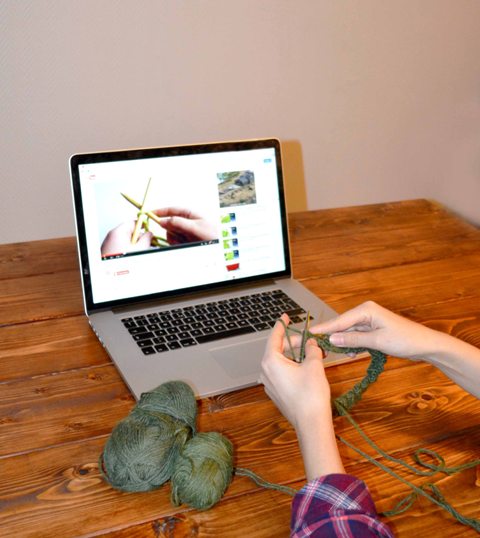Editorial. Yes, Please - Both Crafts and Digital Tools in Basic Education
DOI:
https://doi.org/10.7577/formakademisk.1266Keywords:
Ludvigsen Committee, Ludvigsen-utvalget, crafts and digital toolsAbstract
The Ludvigsen Committee (Ludvigsen-utvalget), which aims to assess primary and secondary educational subjects in terms of the competence Norwegian society and its working life will need in the future, has published an interim report entitled Pupils’ Learning in the School of the Future – A Knowledge Foundation (Norwegian Ministry of Education and Research, 2014). The committee wrote the following about arts and crafts: “That subject will contribute to personal development and simultaneously strengthen opportunities to participate in a democratic society, which can be seen as a desire to protect both individual-oriented and community-oriented training. The breadth of the subject can restrict the ability to delve into individual topics” (NOU 2014: 7, 2014, p. 89, our translation from Norwegian). This will be an important challenge for the team in the near future. The committee shall submit their principal report by June 2015.
Practical work with materials must not be removed from primary school. It should be required that qualified teachers are employed on the lower grades. Practical/hands-on work can give the trades a boost, encourage students to choose vocations and prevent dropouts in vocational education programmes. We need skilled craftsmen in the future, and good teaching in Arts & Crafts in compulsory education could provide an important basis for both future craftsmen and customers of good craftsmen.

Downloads
Published
How to Cite
Issue
Section
License
Authors who publish with this journal agree to the following terms:
- Authors retain copyright and grant the journal right of first publication with the work simultaneously licensed under a Creative Commons Attribution 4.0 License that allows others to share the work with an acknowledgement of the work's authorship and initial publication in this journal.
- Authors are able to enter into separate, additional contractual arrangements for the non-exclusive distribution of the journal's published version of the work (e.g., post it to an institutional repository or publish it in a book), with an acknowledgement of its initial publication in this journal.
- Authors are permitted and encouraged to post their work online (e.g., in institutional repositories or on their website) prior to and during the submission process, as it can lead to productive exchanges, as well as earlier and greater citation of published work (See The Effect of Open Access).
- The author(s) must manage their economic reproduction rights to any third party.
- The journal makes no financial or other compensation for submissions, unless a separate agreement regarding this matter has been made with the author(s).
- The journal is obliged to archive the manuscript (including metadata) in its originally published digital form for at least a suitable amount of time in which the manuscript can be accessed via a long-term archive for digital material, such as in the Norwegian universities’ institutional archives within the framework of the NORA partnership.
The material will be published OpenAccess with a Creative Commons 4.0 License which allows anyone to read, share and adapt the content, even commercially under the licence terms:
This work needs to be appropriately attributed/credited, a link must be provided to the CC-BY 4.0 licence, and changes made need to be indicated in a reasonable manner, but not in any way that suggests that the licensor endorses you or your use.



